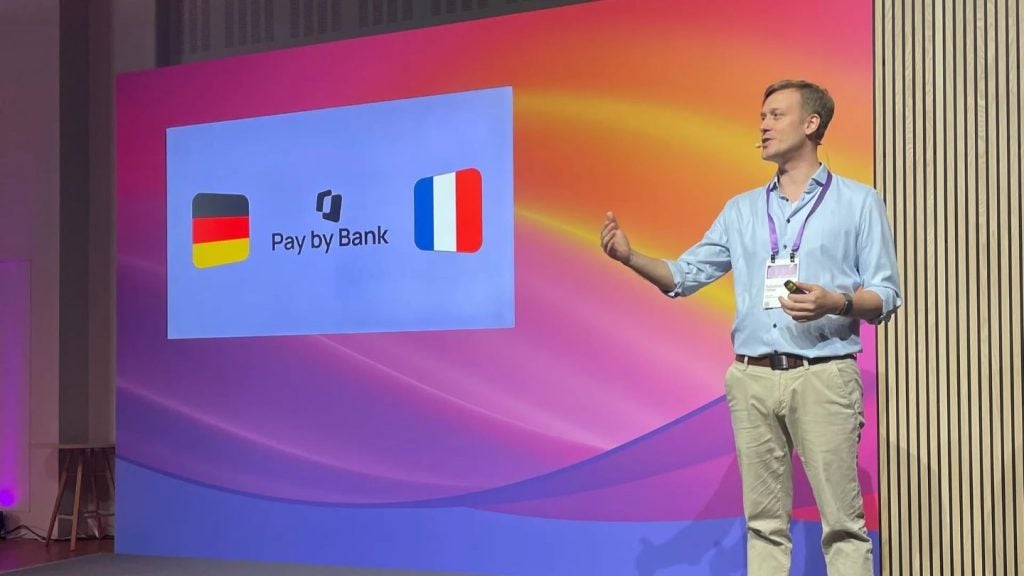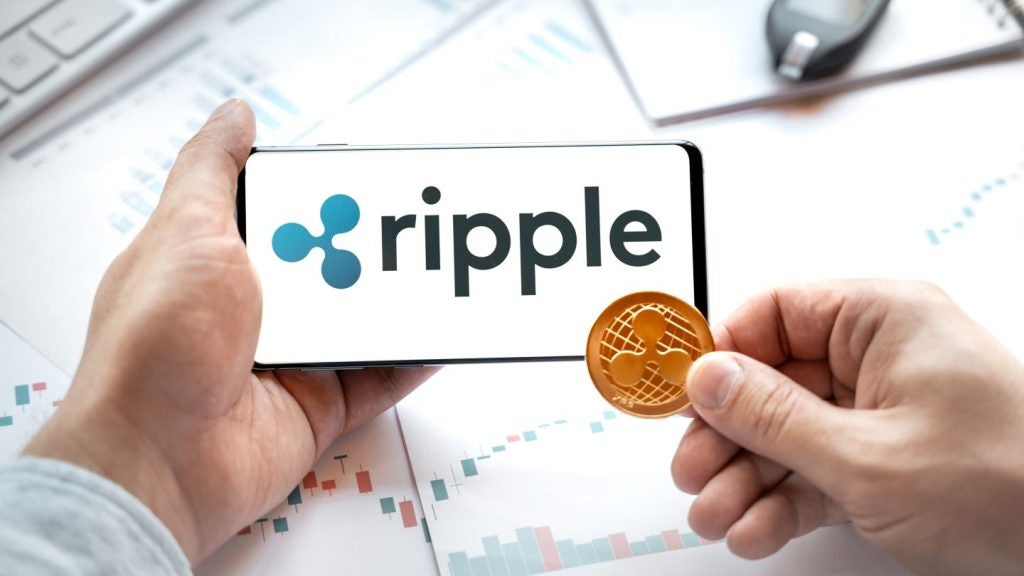thing in payments. However, many would argue that growth
projections are yet to be realised. So is there hope from outside
financial services? In this comment piece, Roy
Driver has looked to see what else is happening in the
world of prepaid.
Hardly a day goes by without some comment in the mainstream press
about the credit crunch and how this is affecting and will continue
to affect the UK and European economies.
Consumers will tighten their belts, there will be less disposable
income and interest rates will go up. Surely this is good news for
prepaid?
The one market many in the prepaid card industry have always
referred to is the mobile market, where it is reported that up to
65 percent of all mobile phone accounts in the UK are prepaid –
that is, pay-as-you-go (PAYG).
However, it looks likely that this may increase further with Sony
Ericsson’s UK marketing director recently announcing that the
handset manufacturer is dedicating more of its marketing budget to
PAYG. But it is not just the handset makers who are driving forward
on PAYG; telecom network operator Orange has followed by extending
its ‘animals’ tariff packages to PAYG.
Jeremy Morris, head of PAYG acquisitions at Orange, commented: “We
are seeing customers choose PAYG for its flexibility and
control.”

US Tariffs are shifting - will you react or anticipate?
Don’t let policy changes catch you off guard. Stay proactive with real-time data and expert analysis.
By GlobalDataPAYG in other sectors
It is not just the mobile phone companies that are heavily into
PAYG – many other business sectors are starting to recognise that
consumers often do not want to be tied into long contracts for
fixed periods.
Gym and leisure clubs have for years tied people into to 12-month
contracts with them, but Virgin Active is now allowing customers to
cancel with 30 days notice at any time during their
agreement.
Other financial service products have also now started to recognise
this consumer movement. For instance, AA Travel Insurance is
running an outdoor advertising campaign reminding travellers they
can purchase cover for £5 ($10) a trip, as opposed to £32 for the
year.
Another insurance group, HomeServe, has relaunched as a
direct-to-consumer proposition on the basis of ‘jobs on demand’ for
consumers who can’t afford or do not want to take out their
year-long emergency cover policies. Even Norwich Union recently
suspended their pay-as-you-drive insurance solution using satellite
technology due to consumer concerns of it being a bit too ‘big
brother’, and have stated they are committed to the principle of
PAYG in the long term.
This is hardly surprising, given that Erik Nelson from Norwich
Union commented that “average customer savings were about 30
percent and the retention rate was about 90 percent.” Key to
Norwich Union relaunching this solution is for car manufacturers to
start building the tracking solutions into the cars.
Norwich Union stated: “We are saying the policy has ‘paused’, but
it will return.”
PAYG technology
Even in the utilities sector where prepaid has been well used for
the poorest consumers, although often with very poor press coverage
due to the ‘high charge’ rates, there is a move to use technology
to provide a more effective and better value solution.
Smart metering, as it is called, is expected to roll out over the
next few years and utility giant Npower in August 2007 launched its
first trials in the North East of England. The device allows PAYG
via the internet or SMS and can be read remotely, making it far
more convenient than the card, token or current cash solutions on
offer.
 The PAYG
The PAYG
model has been taken to heart by UK car rental company Streetcar
who, in effect, believe it is the future. Quite simply, you pay for
a car as you go, as you use it. The hire-out cars based in city
centres can be rented for £3.95 an hour or £39.50 a day, and they
have over 30,000 members using cars from 600 locations in 6 UK
cities.
Interestingly, Streetcar have seen rental periods drop from days to
hours on a far more frequent basis lately.
In a similar but different mode, several hotels around the world
have offered room hire by the hour and, almost scarily, a survey in
the US by Kayak.com found that nearly one in ten people there had
actually done this.
Interestingly for prepaid, while many other industries seem to be
adopting the PAYG model, payment research consultancy PSE at a
recent conference commented that in their next forecasts covering
prepaid card growth to 2015, they are downgrading the growth rates
for prepaid cards as compared to the US, where they are aware
growth rates are increasing.
Consumer perception
A key issue does still seem to be the perception across many
industries using PAYG/prepaid of ‘ripping off’ the consumer.
Many would argue, and often quite rightly, that the higher charges
reflect the higher operating costs and to some extent higher risk
of non-utilisation when it comes to certain products.
However, the issue around the concept that prepayment equates to
higher cost will need to be addressed within the prepaid card
industry if it is to ever to really establish itself.
With the growth of other sectors offering PAYG/prepaid, it does
potentially offer the opportunity for strategic alliances, as a
customer using prepaid in one product or sector is probably far
more likely to do so in other sectors, such as financial services.
Piggy-backing on another product’s communications or using their
database is always far more cost-effective.
In summary, the growth in PAYG/prepaid services in other sectors
must be good for prepaid cards. If more consumers get used to
paying up-front as they use goods and services, they are likely to
find it easier to adopt and use prepaid payment cards as part of
their everyday living.







